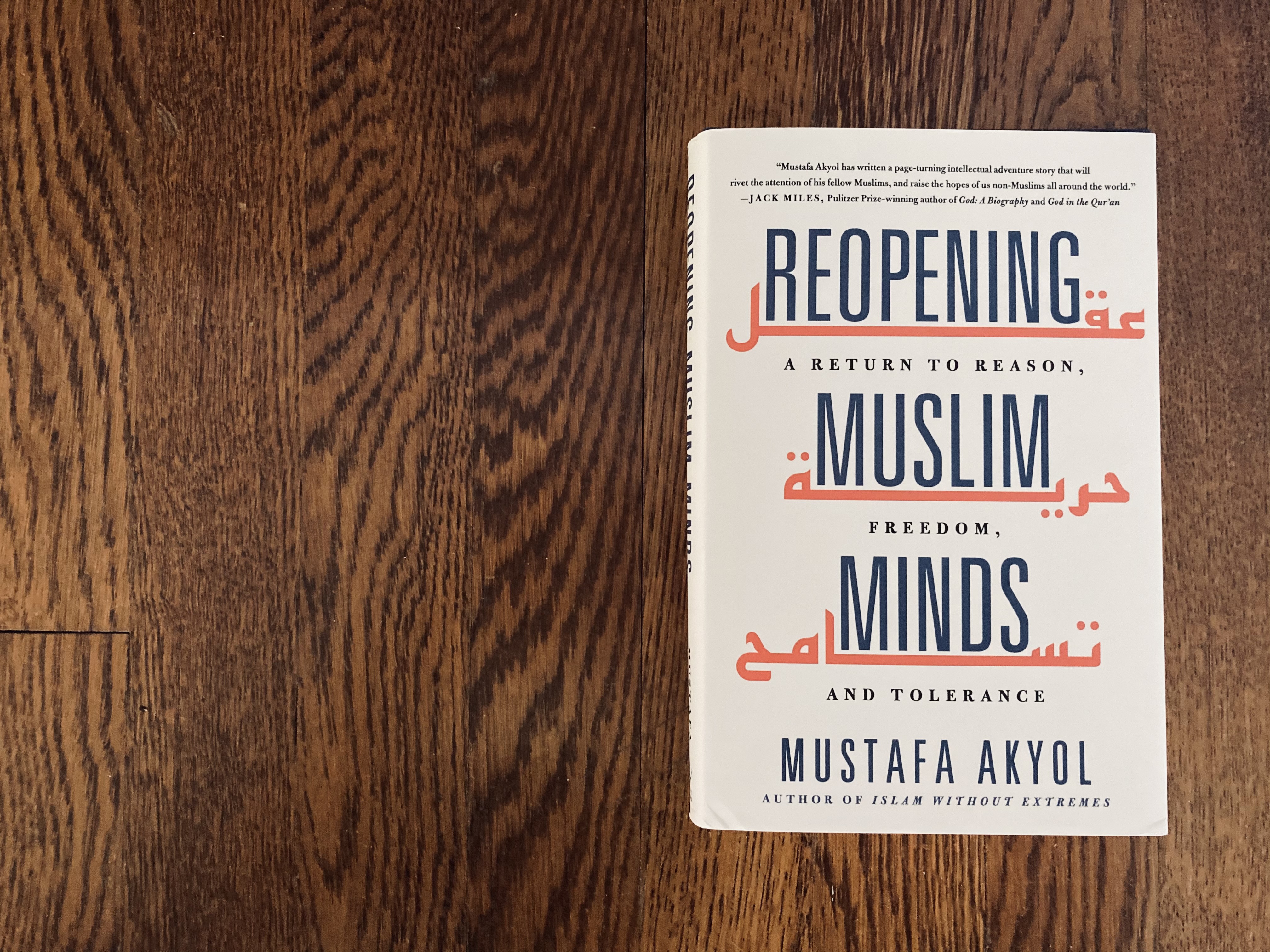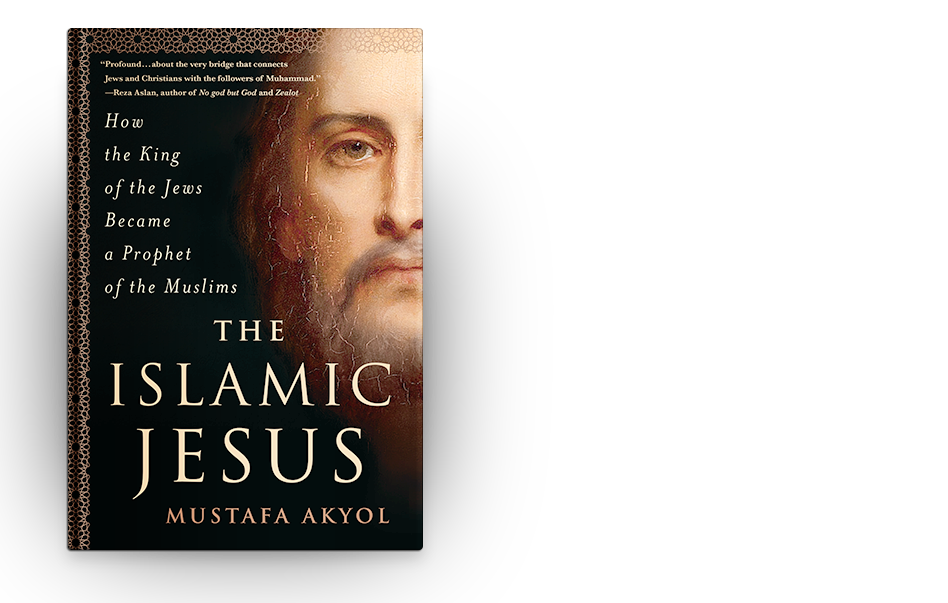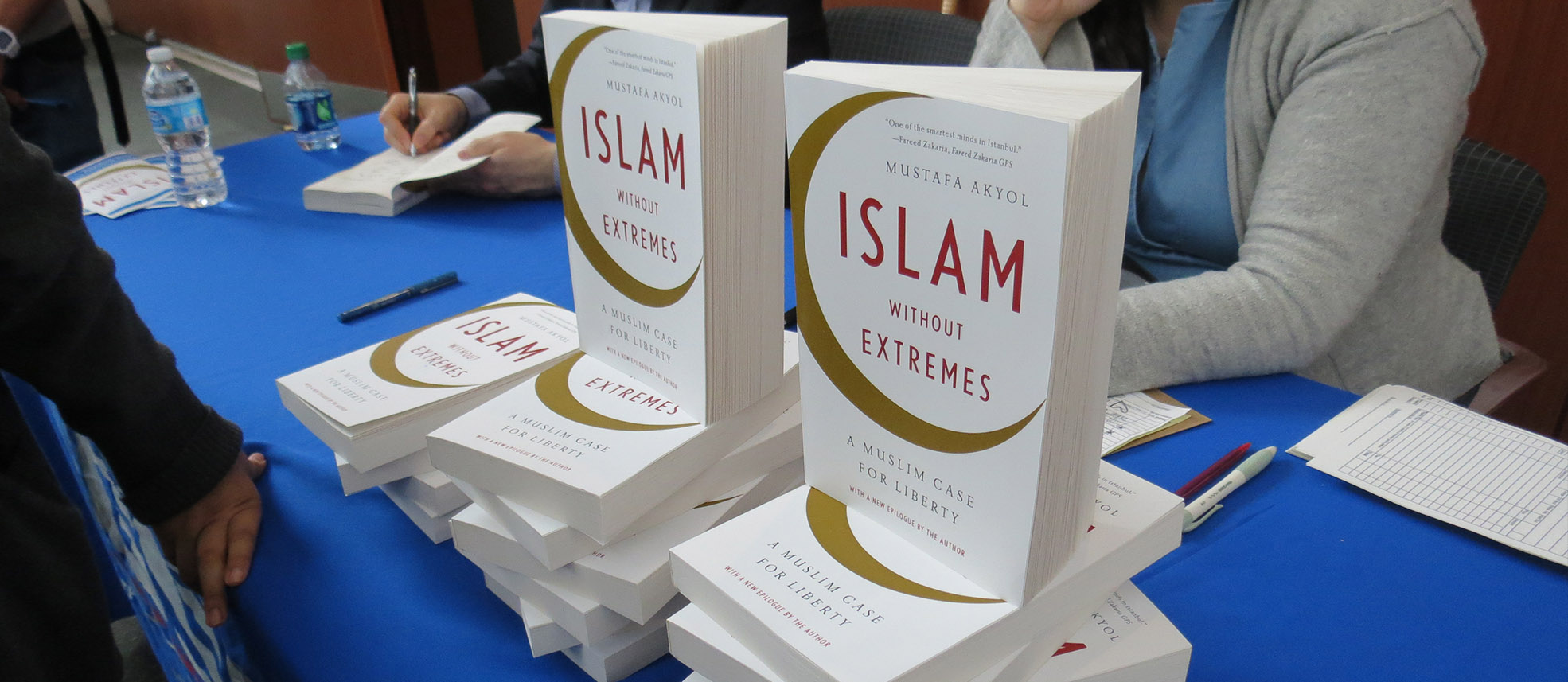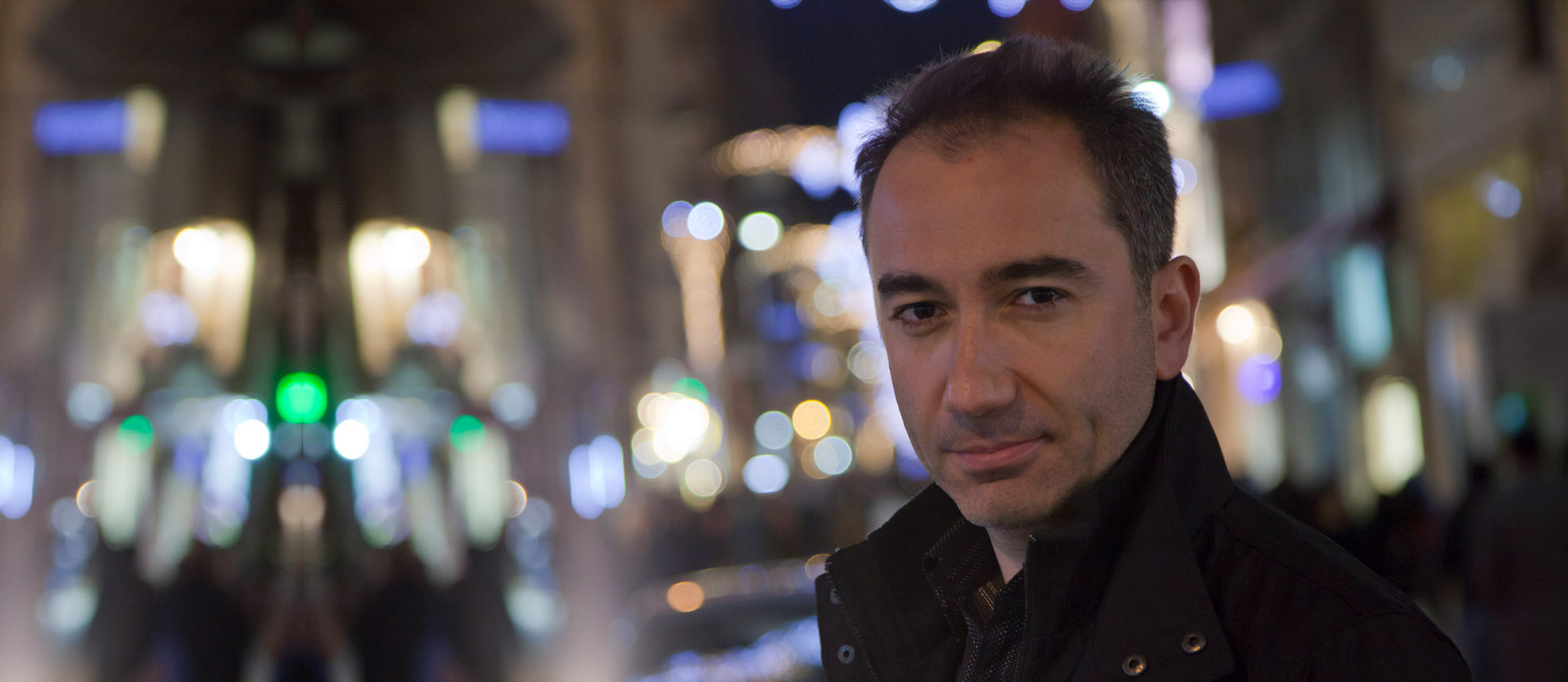The Islamic Jesus
How the King of the Jews
Became a Prophet of the Muslims
When Reza Aslan's bestseller Zealot came out in 2013, there was criticism that he hadn't addressed his Muslim faith while writing the origin story of Christianity. In fact, Ross Douthat of The New York Times wrote that "if Aslan had actually written in defense of the Islamic view of Jesus, that would have been something provocative and new."
When Reza Aslan's bestseller Zealot came out in 2013, there was criticism that he hadn't addressed his Muslim faith while writing the origin story of Christianity. In fact, Ross Douthat of The New York Times wrote that "if Aslan had actually written in defense of the Islamic view of Jesus, that would have been something provocative and new."
Mustafa Akyol's The Islamic Jesus is that book -- and even much more.
For The Islamic Jesus not only tells the story of Jesus, and his mother Mary, as narrated in the Qur'an. It also explores how this Islamic picture of the Nazarene resonates with pre-existing Christian sources, especially Apocrypha. In particular, it unveils the fascinating similarity between Islam and "Jewish Christianity," a strain in the early church that got branded as a heresy.
Read moreIslam without Extremes
A Muslim Case for Liberty
From furious reactions to the cartoons of Prophet Muhammad to the suppression of women, news from the Muslim world begs the question: is Islam incompatible with freedom? With an eye sympathetic to Western liberalism and Islamic theology, Mustafa Akyol traces the ideological and historical roots of political Islam. The years following Muhammad's passing in 632 AD saw an intellectual "war of ideas" rage between rationalist, flexible schools of Islam and the more dogmatic, rigid ones. The traditionalist school won out, fostering perceptions of Islam as antithetical to modernity.
However, through his careful reexamination of the currents of Muslim thought, Akyol discovers a flourishing of liberalism in the nineteenth-century Ottoman Empire and the unique "Islamo-liberal synthesis" of present-day Turkey. Only by accepting a secular state, he powerfully asserts, can Islamic societies thrive. Persuasive and inspiring, Islam without Extremes offers a desperately needed intellectual basis for the reconcilability of Islam and religious, political, economic, and social freedoms.











